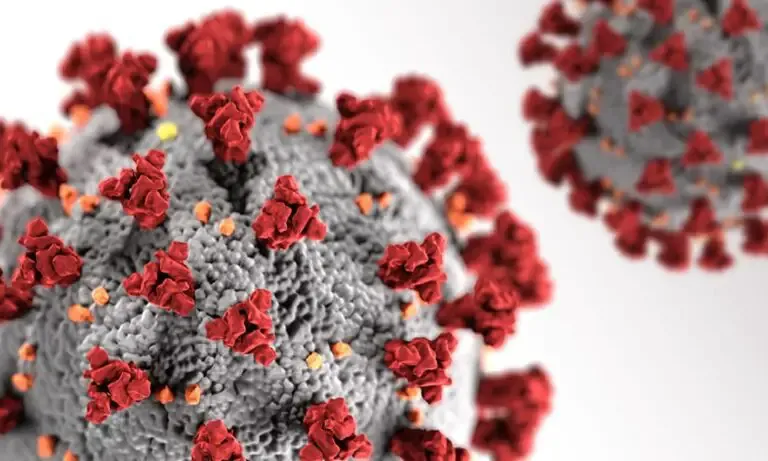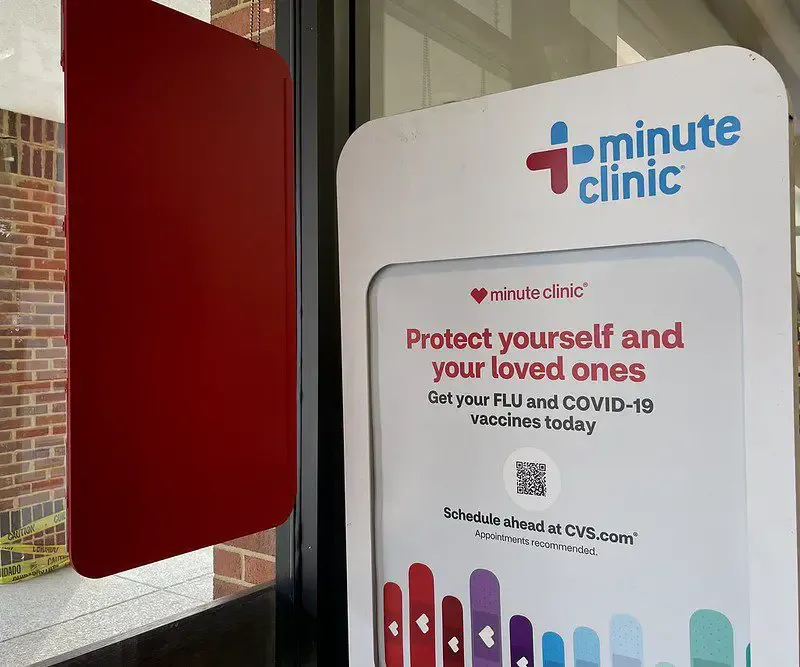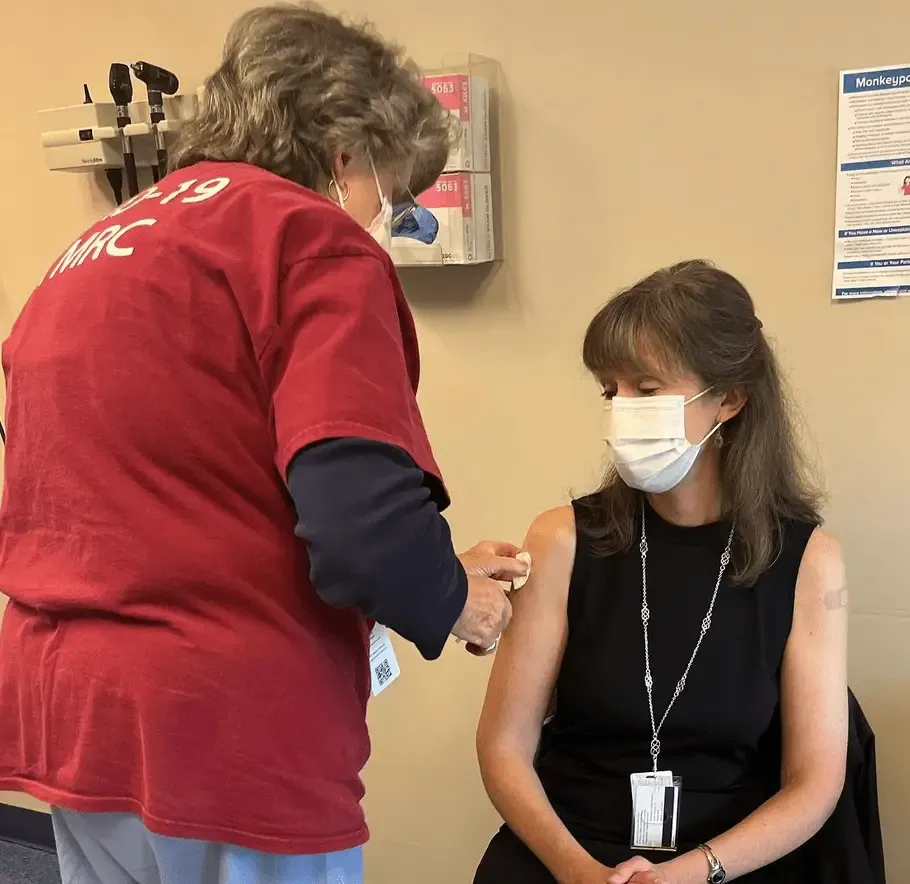COVID-19 vaccination — Top News — COVID-19 — Richmond Raceway — Henrico Health District — Amy Popovich — Richmond and Henrico Health Districts — Jackie Lawrence — Black and Hispanic vaccinations — vaccination disparities
Of those vaccinated in Henrico, less than 13% known to be Black or Latino
The 2 groups account for nearly half of Henrico's COVID-19 cases, more than half its hospitalizations; hole in reporting means exact vaccination data isn't available




